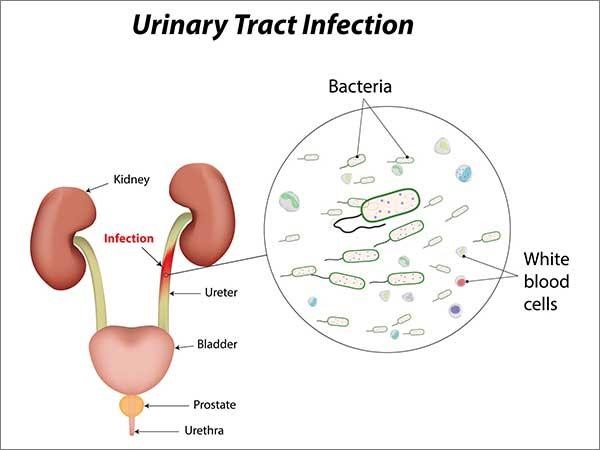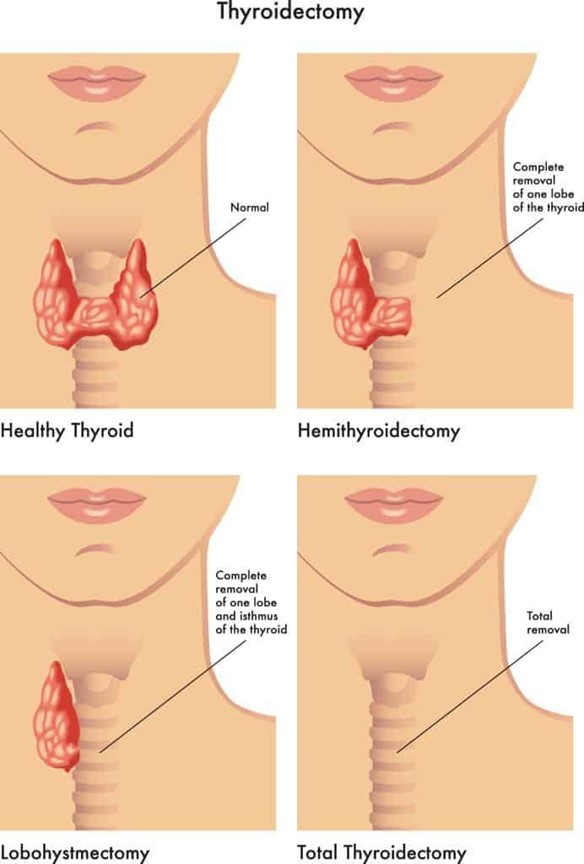I can help you with formatting and editing the text. Here are the edited texts:
Text 1:
A client has an arteriovenous fistula in place for hemodialysis. What should the nurse do to assess the patency of the fistula?
Irrigate the fistula with 3 mL of normal saline solution.
Flush the fistula with 1 mL of heparin solution once per shift.
Infuse 50 mL of normal saline once per 24 hours.
Palpate for a vibrating sensation at the fistula site.
The Correct Answer is D
Choice A Reason: Irrigating the fistula with 3 mL of normal saline solution is not a correct way to assess the patency of the fistula, as it may cause bleeding, infection, or dislodgement of the fistula.
Choice B Reason: Flushing the fistula with 1 mL of heparin solution once per shift is not a correct way to assess the patency of the fistula, as it may cause clotting, infection, or allergic reaction.
Choice C Reason: Infusing 50 mL of normal saline once per 24 hours is not a correct way to assess the patency of the fistula, as it may cause fluid overload, hypertension, or edema.
Choice D Reason: Palpating for a vibrating sensation at the fistula site is a correct way to assess the patency of the fistula, as it indicates that there is adequate blood flow through the fistula. This sensation is also known as a thrill.
Nursing Test Bank
Naxlex Comprehensive Predictor Exams
Related Questions
Correct Answer is B
Explanation
Choice A Reason: Black cohosh is not an herbal supplement that can help prevent UTIs, but it may be used for menopausal symptoms such as hot flashes, night sweats, or mood swings.
Choice B Reason: Cranberry juice is an herbal supplement that can help prevent UTIs, as it may inhibit bacterial adhesion to the urinary tract and lower urine pH.
Choice C Reason: Saw palmetto is not an herbal supplement that can help prevent UTIs, but it may be used for benign prostatic hyperplasia (BPH) symptoms such as urinary frequency, urgency, or hesitancy.
Choice D Reason: Echinacea is not an herbal supplement that can help prevent UTIs, but it may be used for immune system support or wound healing.

Correct Answer is B
Explanation
Choice A Reason: Encouraging the client to cough and deep breathe every two hours, with her neck in a flexed position, is not a priority for a client after a total thyroidectomy, as it may increase the risk of bleeding or damage to the surgical site.
Choice B Reason: Maintaining the client in a Fowler's position, with head neutral supported by pillows, is a priority for a client after a total thyroidectomy, as it helps to reduce swelling and edema, prevent airway obstruction, and promote venous drainage.
Choice C Reason: Maintaining the client in a supine position, with sandbags placed on either side of her head and neck, is not a priority for a client after a total thyroidectomy, as it may impair breathing and circulation, increase pressure on the surgical site, and cause neck stiffness.
Choice D Reason: Encouraging the client to turn head side to side, to promote drainage of oral secretions, is not a priority for a client after a total thyroidectomy, as it may cause pain and discomfort, disrupt the sutures or drains, and increase the risk of infection.

Whether you are a student looking to ace your exams or a practicing nurse seeking to enhance your expertise , our nursing education contents will empower you with the confidence and competence to make a difference in the lives of patients and become a respected leader in the healthcare field.
Visit Naxlex, invest in your future and unlock endless possibilities with our unparalleled nursing education contents today
Report Wrong Answer on the Current Question
Do you disagree with the answer? If yes, what is your expected answer? Explain.
Kindly be descriptive with the issue you are facing.
